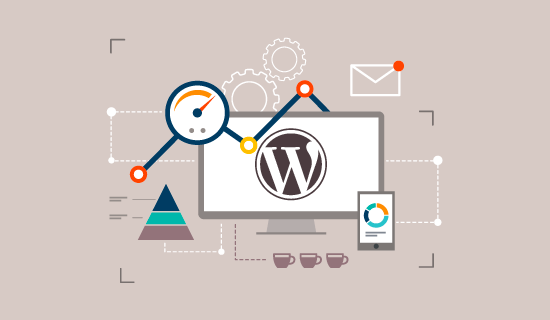
The dynamic nature of Search Engine Algorithms has kept webmasters on their toes. From the late 2000s, page speed has become one of the most important determining factors to rank a website for the relevant keywords. Surveys suggest that a page loading time of lower than 3 seconds can drive the majority of the visitors away from interacting with your website. Good page speed has a direct impact on user experience, which is also an important factor in SEO. It also reduces the bounce rate, consequently improving your business from the website.
From the above arguments, it is clear that slow page speed issues should not be taken lightly. Here we list down the important steps you can take to maintain a good page speed for your business website.
- Image optimization: Images consume the bulk of space of a website which may lead to slower loading time for the page. There are different ways by which one can optimize the images to improve page speed. The first option is to compress them to reduce their sizes without compromising on the quality. You can take the help of various plugins available in the market for this purpose. The other way of optimizing your images is to make use of a lazy-loading image feature, which delays the loading of the image to reduce response time from the server. Also, using an image specific CDN like Jetpack can help you avoid putting a lot of stress on your server.
- Make use of the CDN: A Content Delivery Network (CDN) works by creating static files of your website and then storing them on multiple servers across the world. When a user visits your website, it is retrieved from the nearest server location. This eliminates the whole process of sending HTTP requests every single time, thus, drastically improving the page speed score. Additionally, it is also effective against various cyber threats such as a DDoS attack.
- Minify and combine files: Minifying various files such as HTML, CSS and JavaScript and combining them into one file can drastically reduce the page size of your website. Websites built with sophisticated page builders create unnecessary files that may hinder in your quest of improving page speed. You can minify and combine them by using plugins such as WP Rocket that will complete the entire process on a single click.
- Remove unnecessary plugins and applications: Chances are your website may be filled up with plugins and files you are not using. It is best to remove such plugins so as to reduce the workload on the server. Also, your website theme has a big role to play in determining your site speed. It is best to go for a light-weight responsive theme option rather than going for heavy themes with a lot of features.
- Enable Gzip compression: Gzip compression reduces the size of your website drastically to a few MBs.
- Prevent hotlinking: One should avoid hotlinking another website as well as prevent others from hotlinking to your website.
- Enable browser caching: Browser caching stores the static page of your website to the user browser. Adding expiration headers tells the browser whether to fetch the page from the server or the browser cache.
Conclusion
A Shared Hosting plan offers the best cost-effective solution for your website, especially if you’re a new blogger or small business. However, improving your page speed is vital for user experience if you want to climb up the ranks of the search engine. It is advisable to opt for the best Linux hosting plan by doing some market research.